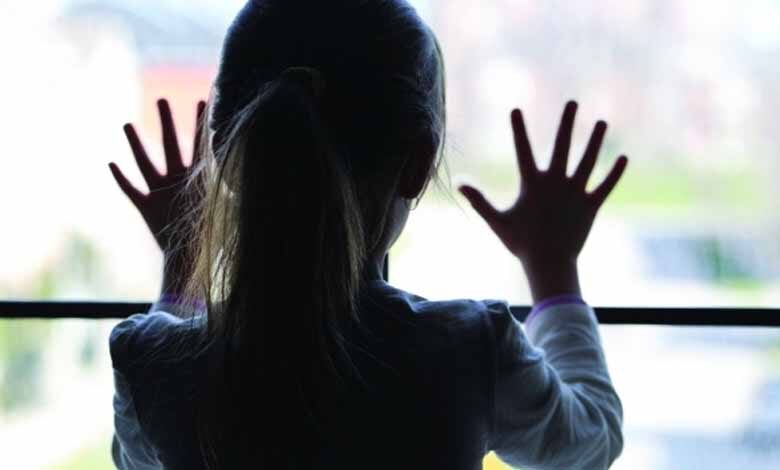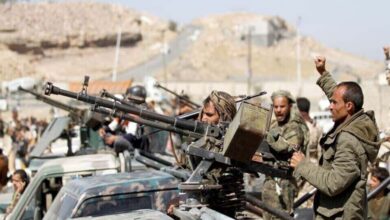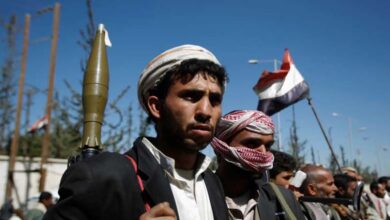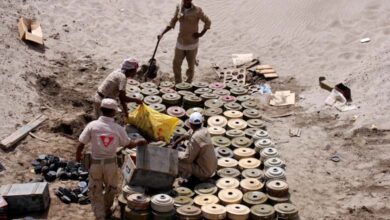UAE efforts to combat human trafficking

The United Arab Emirates, under the leadership of His Highness Sheikh Khalifa Ben Zayed Al Nahyane, President of the State of Qatar, attaches great importance to human rights issues, foremost of which is the phenomenon of human trafficking, which has become a global criminal scourge afflicting many countries of the world.
Federal Act No. 51 of 2006
Federal Law No. 51 of 2006 is the beginning of official Emirati initiatives aimed at bolstering efforts to combat the phenomenon locally and strengthening the role of the UAE in global initiatives to eliminate human trafficking crimes.
In support of this law, the decision to establish shelters for victims of human trafficking is a result of the efforts that have been made over the past years by various initiatives to protect human rights and combat all forms of human trafficking crimes. The State has an honorable record in combatting human rights-related crimes in general, and the victims of these crimes are given special treatment through the provision of support, protection and necessary care.
National Committee to Combat Human Trafficking
The National Committee to Combat Human Trafficking was established to coordinate efforts to combat human trafficking at the level of the Emirates and to implement the provisions of Federal Law No. 51, which prohibits human trafficking and to update and develop other relevant laws. Since its establishment, the committee has been working to achieve its established goals through many initiatives and activities, including meetings, visits and specialized workshops. It is now the official body representing the State at international forums related to combatting human trafficking.
Annual report on combatting human trafficking
Since its establishment in 2007, the National Committee to Combat Human Trafficking has issued a comprehensive annual report highlighting the UAE’s achievements in combatting human trafficking.
Strengthening judicial action against human trafficking
The United Arab Emirates is working to expand the scope of the implementation of anti-trafficking laws in cooperation with relevant authorities in the seven emirates, such as immigration and residency departments, police, judiciary and the Public Prosecution Department. This has resulted in the prosecution of many cases of human trafficking offenses, and convictions in several cases in which the accused have faced imprisonment for aiding or abetting the commission of human trafficking offenses.
Immigration and passport control
“The UAE uses its immigration and passport monitoring system to monitor human trafficking offenses, which relies on laws on the entry and residence of foreigners, including tightening entry procedures for children to ensure their protection from exploitation, as well as using state-of-the-art techniques such as eye fingerprinting to control the entry of deported individuals, tightening visa procedures, and monitoring the entry of women from countries with the highest levels of trafficking in sexual exploitation networks.”
Work and workers laws
The United Arab Emirates has enacted legislation that supports the rights of unskilled workers. The legislation includes a number of measures that guarantee the rights of workers and protect them from exploitation, such as the deposit of monthly wages for unskilled workers in the bank account, which ensures that all workers receive their monthly salaries without delay, in addition to taking punitive measures against companies that exploit workers and violate their rights, while improving living and working conditions.
Support and care for victims of crime
The State’s efforts have not been limited to passing laws on combatting human trafficking, strengthening laws and coordinating with relevant authorities. The Government of the United Arab Emirates attaches special importance to victims of human trafficking crimes, as they are not responsible parties to these crimes, but bear the most severe consequences of such crimes. In this regard, the State, under the umbrella of the “Crime Victim Assistance Program”, provides shelter and care to victims of crimes until the time of their deportation. The decision to establish shelters for victims of human trafficking is part of this same trend aimed at supporting victims. The shelters of many national initiatives have been preceded by:
Abou Dabi Social Support Center
It operates under the supervision of the Abu Dabi Police and is responsible for the care of victims of criminal acts in general, including human trafficking offenses. It provides all means of support to these victims in coordination and cooperation with various relevant institutions.
Dubai Charitable Foundation for Women and Children
Founded in 2007, it plays a vital role in providing the best social services to victims by providing them with a safe haven to help them overcome the psychological and physical consequences of violence and persecution. The Dubai Charitable Foundation for Women and Children is working with several international institutions in EU countries to adopt the highest standards in the provision of its services.
General Department for the Protection of Human Rights in Dubai
It operates under the supervision of the Dubai Police and is tasked with providing psychosocial and legal support to women and children who are victims of human trafficking. The General Directorate for Human Rights Protection in Dubai provides support to victims through the provision of temporary shelter, temporary visas and airline tickets to return home.












